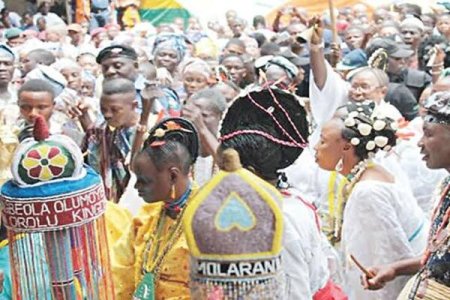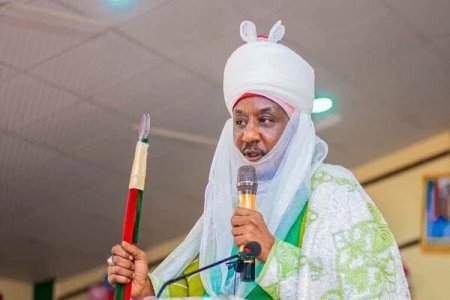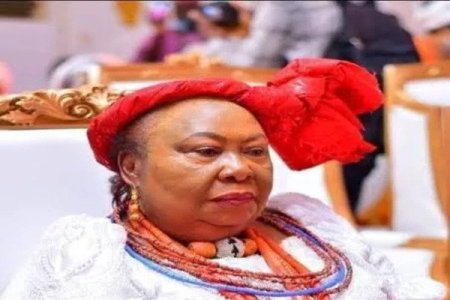
Traditionalists in Nigeria advocate for the use of traditional oaths for political officeholders to combat corruption, asserting that swearing by deities will foster accountability. This call emerged during Isese Day celebrations, highlighting the importance of integrating Yoruba cultural practices into governance to restore integrity in leadership.
During the Isese Day celebration, Ayobami Ogedengbe, the Araba Awo of Oke Agbe, called for the use of traditional oaths to combat corruption among Nigerian leaders.
He argued that swearing oaths to traditional deities would instill a deeper sense of integrity and accountability in public officeholders compared to the current practices of using the Bible or Quran, which he claimed have failed to deter corrupt behavior.
Ogedengbe emphasized that traditional oaths carry significant weight in Yoruba culture, where individuals understand the serious consequences of breaking such commitments.
He advocated for the recognition of Isese Day as a national holiday and the inclusion of African traditional religious studies in educational curricula.
The call for traditional oaths is gaining traction, especially in Yoruba-speaking states, where leaders have started incorporating traditional practices into official ceremonies.
For instance, new appointees in Ikere-Ekiti recently took oaths using both the Quran or Bible and traditional symbols, such as a cutlass, representing Ogun, the god of iron.
This dual oath-taking approach reflects a growing belief in the importance of integrating cultural heritage into governance to promote ethical leadership and restore trust in public institutions.





